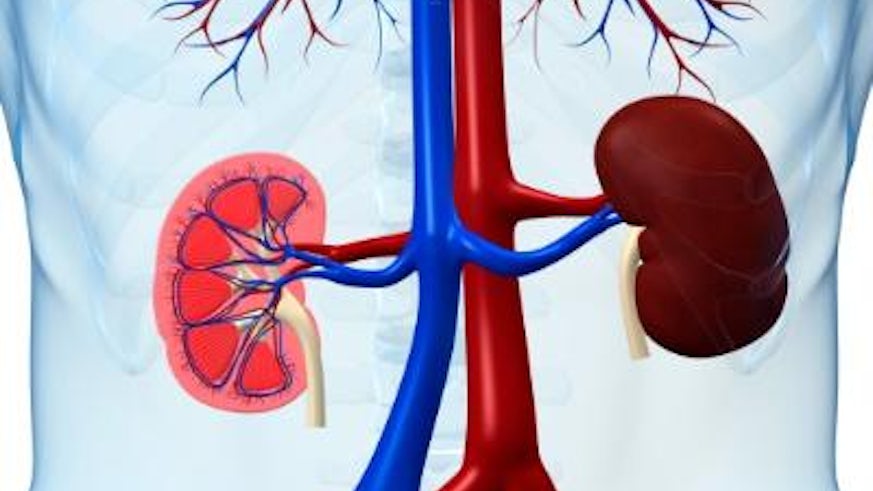New test for acute kidney injury in development
13 February 2015

Cardiff scientists are investigating whether the urine of patients with acute kidney injury (AKI) could give previously hidden clues to how their condition will progress, and show how likely they are to recover from their illness.
AKI affects one in six people who are admitted to hospital, causing around 40,000 deaths every year in the UK. A 2009 report suggests that up to 30% of cases may be preventable.
Dr Timothy Bowen and his team from the School of Medicine have received funding of almost £200,000 from Kidney Research UK. They hope their work will lead to the development of new tests to show the status of AKI in patients, so doctors can monitor them accordingly.
In AKI the kidneys suddenly stop working properly. It often occurs as a result of something which gives the kidneys a 'shock' – for example, an operation, an infection or severe illness. AKI can become a life-threatening problem within hours, meaning that early recognition and prompt treatment are crucial.
The severity of the condition can range from minor loss of kidney function to complete kidney failure, and 50-60% of people who develop the condition die as a result. This figure has not changed in the last four decades.
Existing tests for AKI include monitoring a patient's urine output, and measuring the amount of toxins building up in their blood stream as a result of kidney failure. Both show that the kidneys are not working properly, but these measures can take hours to change and may not show a problem immediately.
However, a newly discovered group of molecules called microRNAs could help predict the progression of AKI. Previous data has shown that the levels of these molecules change in AKI, and the team will investigate this further.
The team will collect urine samples from patients with AKI and evaluate the ability of microRNA levels to predict what subsequently happens to that individual. Different levels of microRNAs could indicate how likely a patient is to recover from the condition, or how likely it is that their condition will deteriorate.
Dr Bowen commented: "Even though AKI is preventable, it has a very high mortality rate. We therefore wish to find ways to identify which AKI patients are most at risk of progressing to irreversible kidney failure. This will allow doctors to monitor these patients closely, and treat them sooner, to prevent this happening."
"We're hopeful that, in time, this work will help us to develop new methods to screen for AKI. Ideally, we'd like to produce a traffic light system enabling doctors to say 'this patient is at increased risk of kidney failure and will require closer monitoring.'"
Elaine Davies, Director of Research at Kidney Research UK, said: "There is an immediate need to improve the early detection of acute kidney injury to allow earlier treatment of the condition. Unfortunately there has been little progress in recent years, and the mortality rate remains steady.
"Although it's in its early stages, we are hopeful that this research will lead to a solution. However it's also vital to increase the understanding of the seriousness of the problem, and raise awareness of the condition amongst medical staff."